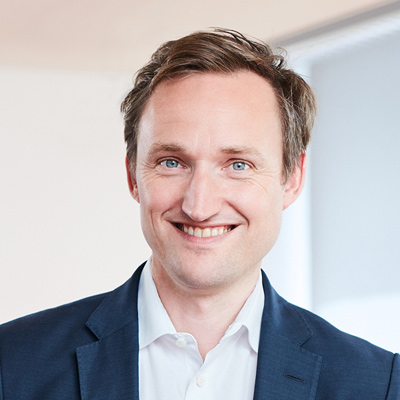Misleading advertising: Patent Pending in Germany
The OLG judgment on the term "patent pending"
Once a patent has been successfully applied for, it still takes a few months (examination phase) before the patent is granted by the Patent Office. In English-speaking countries, products for which a patent has been applied for may be labeled "Patent Pending" to indicate that the patent has not yet been granted. In Germany, this is misleading advertising.
The Munich Higher Regional Court (OLG München) had ruled in 2017 (U 3973/16) that the English-language designation "patent pending" for products for which a patent application has been filed in Germany can be an impermissible misleading indication, both in advertising measures and on the product packaging or on the product itself. This also applies if the advertiser is the owner of a patent application.
One reason is the room for interpretation
The term "patent pending" is not clearly translated in German. "Pending" in the sense of "outstanding" (in German: „ausstehend“) suggests that an event has not yet occurred. The alternative translation is "pending" (in German: „anhängig“) and puts the emphasis on the fact that an event has already occurred.
The English-language statement "Patent Pending" can be misleading, since it can be understood in different ways by a relevant part of the relevant public. Thus, it must be feared that the indication may be understood by an average German consumer to mean that a pending patent would exist in the sense of a granted patent. It is also pointed out that the relevant part of the relevant public cannot be presumed to have professional knowledge.
In principle, the explanation should be precise and not be open to misinterpretation even by laypersons in patent law. If only patents or patent applications exist abroad, the reference for Germany should generally not be used. Statements such as "internationally patented" or similar are always problematic, because the impression this creates in the trade is almost always different from the actual property right situation.
Unfair Competition Act and Patent Act as legal basis
The legal basis for the OLG ruling is German competition law with the sections § 3 para. 1 UWG in conjunction with § 5 para. 1 sentence 1 UWG. It is misleading if it is suggested to the competition that a patent exists which has actually not yet been granted. For example, the statement "patent pending" gives consumers the impression that this product or this functionality is actually only available from this supplier. Misleading business actions are inadmissible and therefore anti-competitive.
In addition, Section 146 PatG is the legal basis here. This defines a claim for information against anyone who advertises a product or service with a reference to a patent or patent application. Upon request, anyone who has a legitimate interest in knowing the legal situation must be provided with information about the patent or patent application on which the use of the designation is based. However, a legitimate interest requires more than a purely private interest. For example, it must be a competitor or an association for the respective industry that asserts this interest. If necessary, the patent number can be indicated at the same time as the designation as "patented" in order to realize this.
What does this mean for patent applicants?
Applicants waiting for a patent to be granted must therefore approach the marketing of the product or the reference to the IP right with caution during the examination phase. Caution must be exercised when using foreign language claims in product marketing if the claims are directed at German consumers.
Published German or European patent applications may be advertised with references such as "patent pending" or "patent applied for". Patent applications that have not yet been published should not be advertised at all.
Feel free to contact us.
Regarding Justus Kreuels:

Justus Kreuels, German and European Patent Attorney since 2011/2012, studied mechanical engineering at the TU Munich and the RWTH Aachen. He is co-founding partner of karo IP. A main focus of his practice is the enforcement of intellectual property rights in the field of mobile communication, Internet of Things (IoT), robotics, etc. in Germany.
